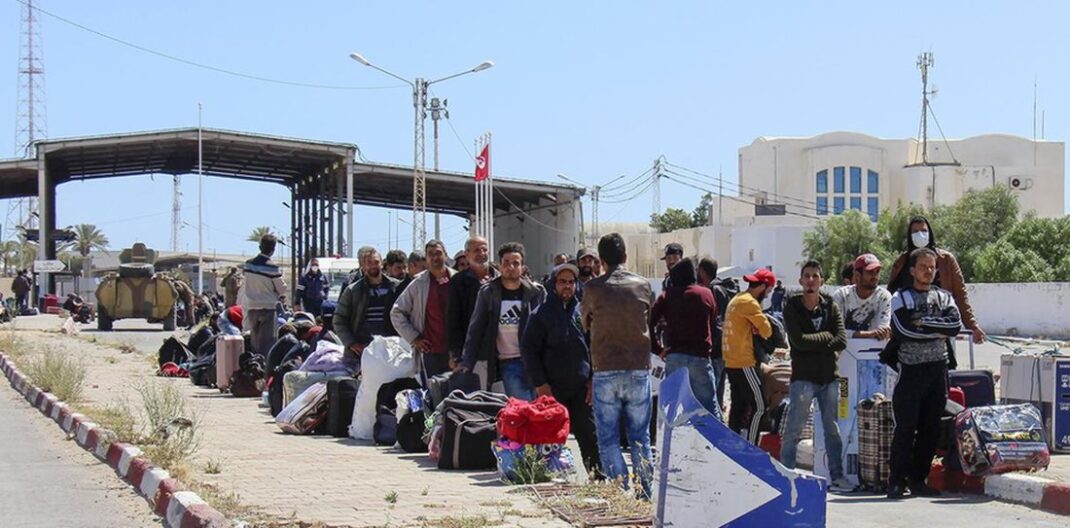Almahdi Hindi

In a proactive step toward diversifying its sources of income and strengthening its economic position, the Libyan Ministry of Economy and Trade has announced the launch of a comprehensive national strategy to develop free zones, in cooperation with Expertise France and with the support of the European Union. This strategy, the result of extensive work and in-depth analysis of the Libyan economy, found in the Fifth International Scientific, Cultural, and Economic Symposium the ideal platform to affirm its main pillars and link them to the dimension of environmental sustainability.
The symposium, held under the theme “Transit Trade and Logistic Transformation… A Lever for Sustainable Development and Strengthening Economic Sovereignty”, served as a vital meeting point for decision-makers, academics, and specialists. It was more than just a scientific event; it was an official declaration of Libya’s new direction, one that places the environment at the core of economic development.
The symposium featured significant contributions that highlighted this connection, including a keynote speech by the Minister of Environment, who emphasized that caring for the environment is no longer a luxury, but rather an opportunity to reinforce the national economy.
Symposium Themes and Strategy
Dimensions
The event included a series of lectures that enriched the discussion, such as Dr. Khalifa Al-Awj’s presentation on “The Environment as a Tool for Strengthening the Economy”, which underscored the importance of applying environmental standards in economic projects. Engineer Abdelbasset Tantoush also addressed the topic of “Environmental Diplomacy in International Relations”, reflecting awareness of the role of environmental considerations in enhancing Libya’s standing on the international stage.
In this context, the national strategy emerges as the practical framework to translate these visions into reality. Deputy Minister of Economy for Free Zones, Mr. Nouri Al-Gattati, explained that this strategy “represents a roadmap for strengthening Libya’s position as a regional trade hub.” The plan is based on solid foundations, including:
• Legislative Review: Updating the laws governing free zones and investment to make them more attractive and flexible.
• Infrastructure Improvement: Developing logistics facilities in line with the requirements of global trade.
• Enhanced Partnerships: Creating a cooperative environment between the public and private sectors to drive development forward.
International Support and Successful
Models
The initiative received international praise, with EU Ambassador Nicola Orlando describing it as an important step toward building a diversified and sustainable Libyan economy. He pointed to the possibility of drawing lessons from successful international experiences, such as the Tangier Free Zone in Morocco, which has become a regional model. This international support affirms that Libya’s strategy is not merely a domestic plan, but part of a broader regional vision for economic cooperation.
Thus, Libya has successfully linked the strategic vision it has set with the clear political will to implement it, through a phased plan extending over 15 years. The strategy combines ambitious economic goals with a firm commitment to environmental preservation, placing the country on the right path toward achieving economic sovereignty and sustainable development.
___________________





